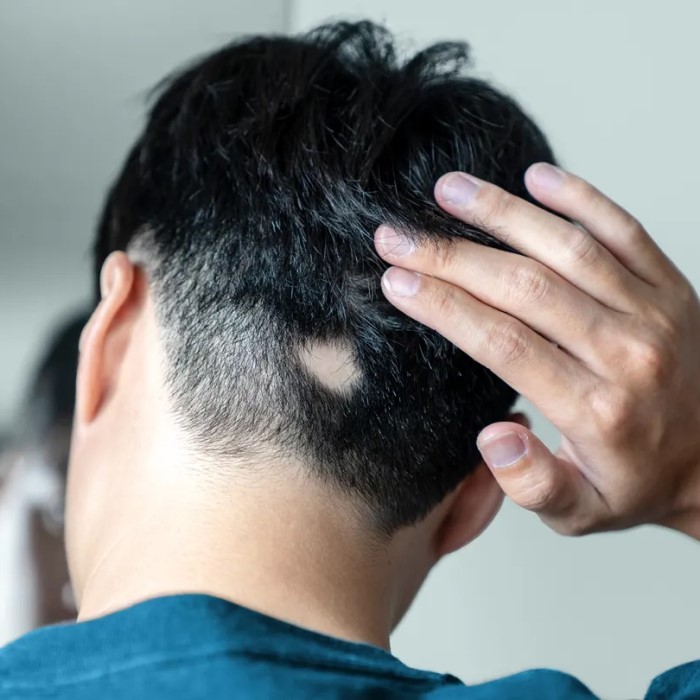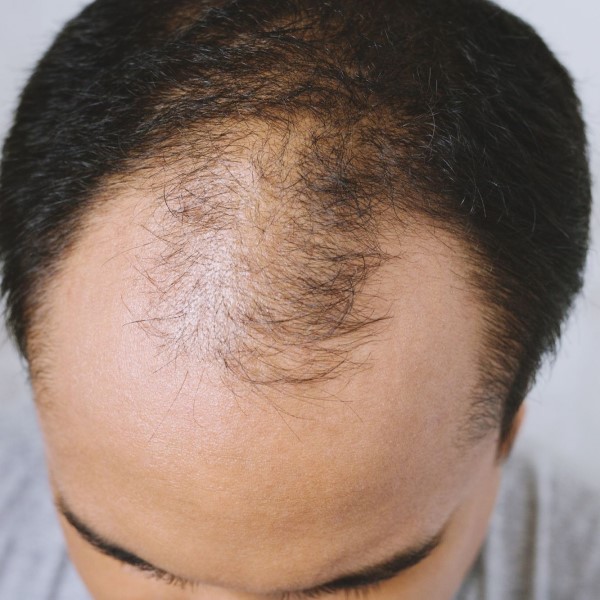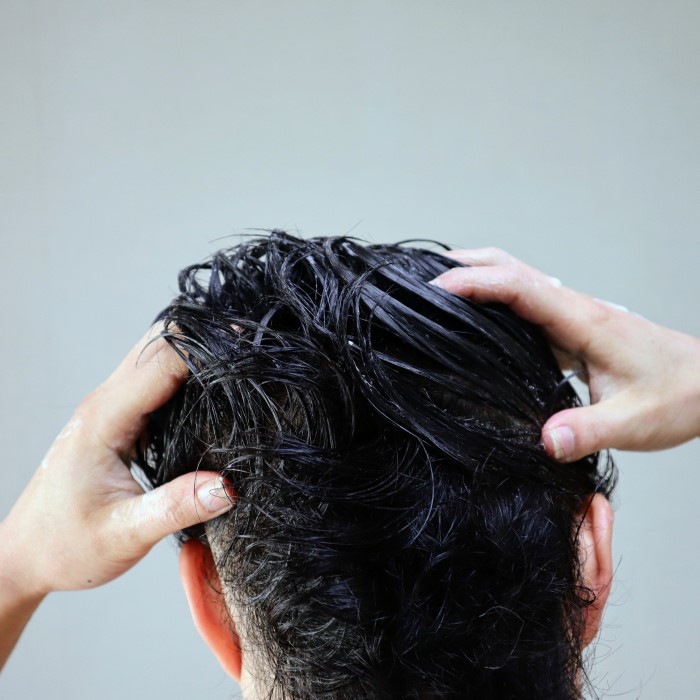
Does Amlodipine Cause Hair Loss? Facts You Need to Know
Introduction: Understanding Amlodipine
Amlodipine is a commonly prescribed medication primarily used to treat high blood pressure and other cardiovascular conditions. As patients become more aware of potential side effects, questions arise regarding its impact on hair health. One frequently asked question is: does amlodipine cause hair loss? In this article, we will explore the connection between amlodipine and hair loss, delve into the experiences of patients, and provide insight into what you should know if you are concerned about this issue.

What is Amlodipine?
Amlodipine is a medication commonly used to treat high blood pressure and certain heart issues. It belongs to a class of drugs called calcium channel blockers. This type of medicine works by relaxing blood vessels, making it easier for blood to flow.
Overview of Amlodipine
Amlodipine is typically prescribed to manage hypertension. It helps lower blood pressure and reduce strain on the heart. By preventing calcium from entering the muscle cells in blood vessels, it allows the vessels to relax. This results in improved blood flow and less effort for the heart.
Amlodipine is often taken as a daily pill. It is available in different doses, depending on the patient’s health needs. Doctors usually monitor patients to adjust the dosage when needed. Patients should avoid stopping this medication suddenly as it can cause complications.
Common Uses of Amlodipine in Medicine
Amlodipine has several medical applications beyond managing high blood pressure. It is prescribed to treat angina, a form of chest pain caused by reduced blood flow to the heart. It may also be used in patients with coronary artery disease to improve heart function.
Doctors frequently recommend amlodipine when other treatments for high blood pressure are insufficient or unsuitable. It is commonly part of a combination therapy with different medications to achieve better results. People using amlodipine should follow their healthcare provider’s instructions closely to maximize its effectiveness.
Understanding Hair Loss
Does amlodipine cause hair loss? Hair loss is a common concern affecting men and women worldwide. It can range from mild thinning to complete baldness. Understanding its types and causes helps address this issue more effectively.
Types of Hair Loss
- Androgenetic Alopecia: Often called male or female pattern baldness, this type is hereditary. It results in gradual hair thinning or receding hairlines.
- Alopecia Areata: This is an autoimmune condition where the body attacks hair follicles, causing patchy hair loss.
- Telogen Effluvium: Temporary hair loss occurs when more hair enters the resting phase of the hair growth cycle. Common triggers include stress, illness, or hormonal changes.
- Traction Alopecia: Caused by excessive pulling or tension on the hair, often linked to certain hairstyles.
- Anagen Effluvium: This type involves rapid hair loss due to treatments like chemotherapy.
Common Causes of Hair Loss
- Hormonal Changes: Pregnancy, menopause, or thyroid issues can lead to temporary or permanent hair loss.
- Medications: Certain medications, such as chemotherapy drugs or antidepressants, may impact hair growth. Investigating whether amlodipine causes hair loss could provide answers for concerned patients.
- Stress: Physical or emotional stress can cause telogen effluvium, leading to increased hair shedding.
- Nutrition Deficiency: Lack of essential nutrients like protein, iron, or vitamins can weaken hair health.
- Genetic Factors: Family history plays a significant role in determining susceptibility to hair loss.
- Hair Treatments: Frequent chemical treatments or over-styling can damage hair and lead to hair loss.
Understanding various types and causes of hair loss is essential in finding effective solutions. Consulting a doctor or specialist can guide targeted treatment options and provide personalized care.
Can Amlodipine Cause Hair Loss?
Does amlodipine cause hair loss? Hair loss can be distressing for many people. Some patients worry if amlodipine causes hair loss. Understanding the connection between amlodipine and hair loss is important for users.
Reports and Cases Related to Hair Loss
Some individuals taking amlodipine report hair thinning or shedding. These cases raise concerns about its effects on hair health. Patient forums and anecdotal stories have shared experiences of hair loss while using amlodipine.
Such reports are uncommon but noteworthy. Patients experiencing hair loss should speak with their healthcare provider. Doctors may adjust the dosage or explore alternative treatments to reduce side effects.
It is also important to consider other factors. Hair loss can result from stress, genetics, or underlying health issues. Identifying the root cause ensures proper management of the problem.
Scientific Studies on Amlodipine and Hair Loss
Research on amlodipine’s link to hair loss is limited. Most studies focus on its benefits for heart health and blood pressure control. Currently, no large-scale scientific study directly links amlodipine to hair loss.
However, medication side effects vary from person to person. Small studies or anecdotal reports suggest hair loss might occur in rare cases. These effects could result from individual reactions to the medication.
If you are concerned about hair loss while using amlodipine, consult your doctor. They may recommend adjusting your medication or suggest treatments to support hair health. Continuing research is needed to fully understand amlodipine’s role in hair loss.
Side Effects of Amlodipine
Amlodipine is generally well-tolerated, but it may cause side effects in some users. Understanding potential side effects is important to manage and address any adverse reactions effectively.
Common Side Effects
Many patients experience mild side effects while taking amlodipine. These typically resolve over time. Common side effects include:
- Swelling in the Ankles and Feet: This is due to fluid retention caused by blood vessel relaxation.
- Headaches: These are often temporary and can occur when you start the medication.
- Flushing: A warm sensation in the skin may happen due to blood vessel dilation.
- Dizziness: Blood pressure changes can sometimes lead to lightheadedness or dizziness.
- Fatigue: Feeling tired is a reported symptom but usually improves as your body adjusts.
If these symptoms become bothersome or persistent, consult your healthcare provider for advice.
Rare Side Effects Linked to Amlodipine
Although rare, some side effects of amlodipine can be serious. These include:
- Severe Allergic Reactions: Symptoms include skin rash, itching, or swelling that require immediate medical attention.
- Heart Palpitations: Irregular heartbeat may occur in a small number of patients.
- Severe Low Blood Pressure: Can cause fainting or extreme dizziness.
- Chest Pain: This could signal a serious heart issue and should be reported immediately.
- Hair Loss: Though rare, some patients report hair thinning or shedding while on amlodipine.
For rare side effects, healthcare providers may suggest changing the medication or adjusting the dosage.
Understanding both common and rare side effects helps you monitor your health. Always report unusual symptoms to your doctor promptly.
Managing Amlodipine-Induced Hair Loss
Hair loss associated with amlodipine can be concerning for patients. This section explains strategies to manage and possibly reduce hair loss while taking the medication. Identifying the root cause of hair loss is essential for effective management, as it may result from factors other than amlodipine use.
Steps to Address Potential Hair Loss
- Consult Your Doctor: Discuss any hair loss symptoms with your healthcare provider. They can identify whether amlodipine contributes to the issue.
- Dosage Adjustment or Medication Alternatives: Your doctor might adjust the dosage or prescribe an alternative medication based on your needs.
- Medical Evaluation: Undergo medical tests to rule out other causes like nutritional deficiencies or hormonal imbalances.
- Topical Treatments: Use products like minoxidil, which could help promote hair regrowth.
- Supplements: Consider biotin or other vitamins that support hair health, as recommended by your doctor.
Identifying and addressing potential hair loss is critical for preventing further concerns.
Lifestyle Changes to Support Hair Health
- Balanced Diet: Eat a variety of foods rich in proteins, vitamins, and iron to strengthen hair.
- Stress Management: Practice relaxation techniques like yoga and meditation to reduce stress-induced hair loss.
- Gentle Hair Care: Use mild, sulfate-free shampoos and avoid harsh chemical treatments.
- Avoid Tight Hairstyles: Loose hairstyles prevent hair follicle damage caused by tension.
- Regular Exercise: Physical activity improves blood circulation, supporting healthy hair growth.
Incorporating these lifestyle changes can boost overall hair health while managing side effects of amlodipine. However, always seek guidance from your doctor to develop a tailored care plan.
Consulting Your Doctor
Amlodipine has potential side effects, and you should discuss concerns with your doctor. Addressing any issue promptly ensures your overall health and well-being while using this medication.
When and Why to Seek Medical Advice
- Unusual Symptoms: Consult your doctor if you experience unexpected side effects like hair loss.
- Persistent Hair Loss: If hair shedding doesn’t stop or worsens, inform your healthcare provider.
- Severe Reactions: Seek immediate help for serious symptoms, such as rashes or difficulty breathing.
- Overall Health Checks: A thorough evaluation can help detect other causes of hair loss or health changes.
- Long-Term Concerns: Speak to your doctor if side effects occur over an extended period.
Your doctor can suggest tests, recommend treatments, or adjust your medication to meet your needs. Timely intervention can prevent long-term health issues.
Discussing Medication Alternatives
When hair loss or any side effect becomes troubling, alternative treatment options might help.
- Evaluate Other Medications: Your doctor may switch you to a different blood pressure medicine.
- Combination Therapy: Discuss combining lower doses of amlodipine with other medications for better balance.
- Consider Non-Medication Approaches: Lifestyle changes like diet and exercise might reduce reliance on medications.
- Ask About Supplements: Certain vitamins or hair-strengthening nutrients can complement your treatment.
- Assess All Side Effects: Share any and all side effects to find the best overall healthcare approach.
Open communication with your doctor is crucial for finding the right treatment plan. Through collaboration, you can effectively manage your health and address concerns like hair loss.
Other Medications and Their Effect on Hair
Many medications, like amlodipine, may impact hair growth as a side effect. It is important to be aware of drugs that could cause hair thinning or hair loss. Understanding how various medications interact with hair health can help in managing concerns effectively.
Medications Known to Affect Hair Growth
- Anticoagulants (Blood Thinners): These medications, such as warfarin, can cause increased hair shedding in some individuals.
- Beta-Blockers: Medicines like metoprolol and atenolol may lead to hair thinning.
- Antidepressants: Drugs such as fluoxetine, paroxetine, and sertraline may cause hair loss in rare cases.
- Chemotherapy Drugs: Medications used in cancer treatments can lead to extensive hair loss, known as anagen effluvium.
- Retinoids and Vitamin A Derivatives: Excess amounts or prolonged use can harm hair follicle health.
- Antifungal Medications: Drugs used to treat fungal infections, like ketoconazole, might contribute to hair loss.
- Cholesterol-Lowering Drugs: Certain statins have been associated with hair thinning as a rare side effect.
Comparing Amlodipine with Similar Drugs
Amlodipine belongs to calcium channel blockers, prescribed for heart health and high blood pressure. Compared with other medications in this category, its likelihood of causing hair loss is low but possible.
- Calcium Channel Blockers: Other drugs in the same class include nifedipine and verapamil. Hair loss complaints are less frequent for these drugs.
- Beta-Blockers: These are effective for blood pressure but have a slightly higher chance of causing hair loss.
- ACE Inhibitors: Medicines like lisinopril are used for hypertension but have been reported to cause hair thinning occasionally.
- Diuretics: Commonly called water pills, these can lead to hair loss due to nutrient depletion.
- Angiotensin Receptor Blockers (ARBs): Medications like losartan are less likely to affect hair but could still be a factor.
Each individual reacts differently to medications. Patients concerned about hair loss should communicate openly with their healthcare providers. Medications, while essential, might not work the same for everyone. Adjustments or alternative drugs may be necessary to balance health benefits with minimal side effects.
Conclusion: Understanding Hair Loss and Amlodipine
In conclusion, the question “does amlodipine cause hair loss?” does not have a straightforward answer. While some individuals have reported hair thinning, there is limited scientific evidence supporting a direct link between amlodipine and hair loss. If you have concerns about hair loss, it’s vital to consult healthcare professionals. They can help evaluate your specific situation and consider other medication options if necessary.
Ultimately, staying informed about the potential side effects of any medication, including amlodipine, is key to managing your health effectively. By working closely with your healthcare provider, you can find the best strategies to maintain your health while minimizing any unwanted side effects.




